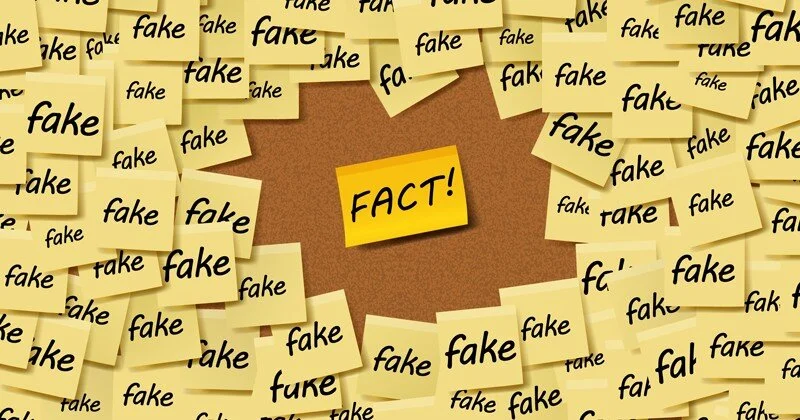Beyond Belief
I’m curious how people become immersed in conspiracy theories – whether in large situations like the American election – or small ones like an unwelcome change in an organization. I was therefore pleased when the New York Times columnist tackled the subject in a recent column. One of the benefits of the Times is its continuing support of columnists with both liberal and conservative biases. I was thus more than casually interested in how Ross Douthat would frame this.
He first debunked the notion that the theories come solely from the supply side – social media and biased press and cable networks. It’s not the fault of a top-down power base. There is a demand from the bottom up to support an already existing belief. He goes on to describe three mindsets that move participants in the direction of conspiracy theories that make sense. I wish he had spent more time on the hero worship of celebrity, but perhaps he will do so in the future.
The first group he describes are the “Conspiracy Curious Normies”. These are not diehards but people who see the lack of transparency in government and institutions all the time and wonder what’s behind the curtain of official secrecy. The lack of detail can arouse a reasonable skepticism. Politics, of course, encourages this. The party not in power plays the role of official opposition – seldom a loyal one - and the task is to uncover the “there there”.
The second group are the “Outsider Intellectuals”. Such persons, usually with more than a modicum of formal education, place much of their identity on questioning everything. Sometimes, of course, they get it right. Because much of the discourse is sincere and now happens in social media, others are quick to pick it up and reinforce it. Any person has the power to gain a following in no time – as Kevin Ashton proved with his fictional consultant, Santiago Swallow and his 85,000 followers. This is a cautionary tale relating to celebrity culture – but it also shows how the faux outside intellectual can dupe us.
The last group Douthat identifies are the “Recently Radicalized”. To some extent they are the creatures of the pandemic. Lockdown has had an effect in my own family where teenagers are studying online while all their parents work from home and an older grandson was hired immediately after graduating from university. Another son teaches graduate students online in Hong Kong. I’ll add myself to make ten people all functioning with their own technology at an optimal level. How common is that? The contrast of impoverished inner city or rural families in any country is staggering. It is an invitation to mistrust authority. Added to that are unusual events – racial unrest, natural disasters and it reinforces the belief that no one is in charge – and that any who are attempting to be – those who talk about resets – are simply moving to take advantage of the situation and are out to get us.
Douthat concludes that there is more reason here that we are willing to give credit to. The easy thing is to mock it and laugh it away. The more responsible thing is to ponder ways to rebut it.
For the first group, the conspiracy curious, Douthat suggests avoiding the media coverage and going directly to the sources. If claims are being made in court, what are the lawyers saying to make their case? If it is legislation, what does the proposed bill say? If there is lack of transparency, what can be revealed and what is reasonable to withhold and redact?
For the outsider intellectuals, Douthat suggests that they take a breath and recognize that anomalies might be simple errors rather than dastardly plots. For the recently radicalized, pandemics do create chaos and ascribing mistakes as overreaching attempts to mislead are unfair. People do get things wrong because they are human and respond in various ways. If it appears that no one is in charge, it might be due to complexity of the reaction rather than autocracy.
In the long run what we need to focus on is law making – not story telling.

